Optimal Timing for Waterproofing Projects
Waterproofing is a crucial aspect of property maintenance that protects structures from water intrusion and damage. Proper timing ensures the effectiveness and longevity of waterproofing treatments, reducing the risk of costly repairs and structural issues over time.
Applying waterproofing in spring takes advantage of moderate temperatures and increased moisture levels, allowing materials to cure properly.
Summer offers warm, dry conditions ideal for waterproofing, especially in areas with high temperatures or dry climates.
Fall waterproofing helps prepare structures for winter, sealing leaks before cold weather sets in.
Winter waterproofing is generally discouraged due to freezing temperatures that hinder proper application and curing.
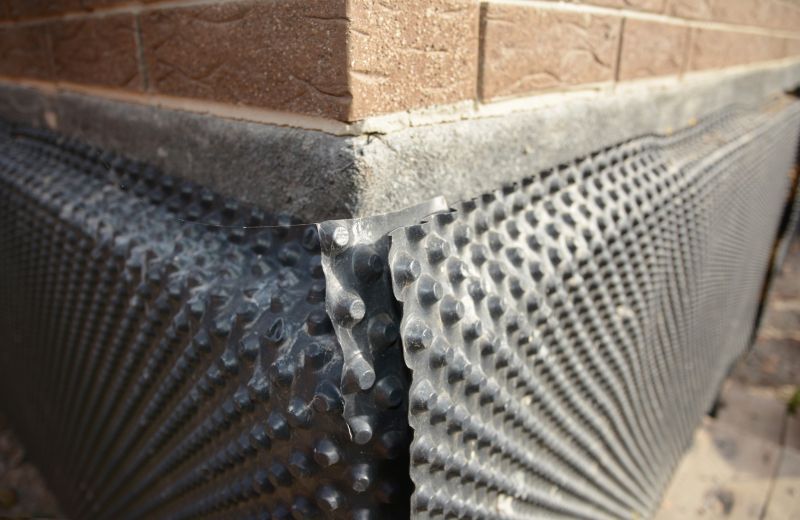
Optimal conditions for sealing surfaces before the heat of summer.
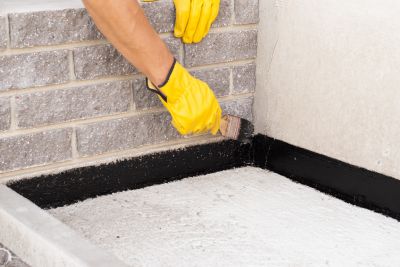
Best suited for dry, warm weather to ensure proper curing.
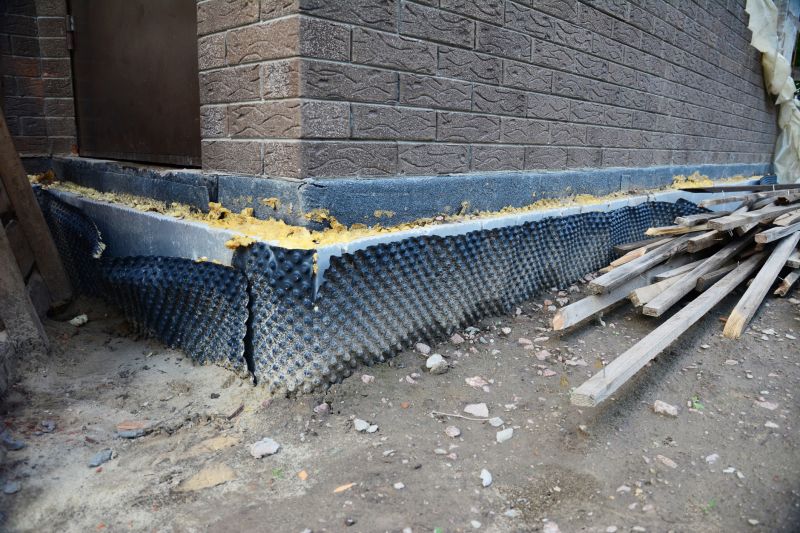
Prepares structures for winter weather and prevents leaks.
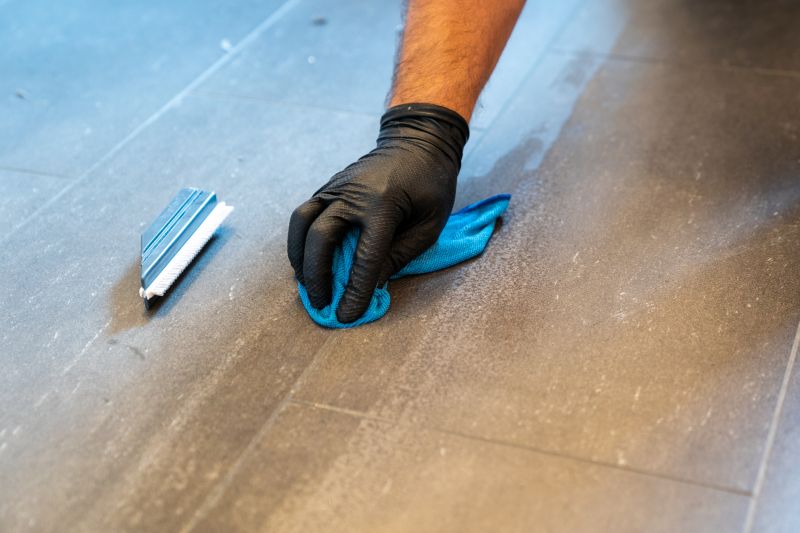
Ways to make Waterproofings work in tight or awkward layouts.
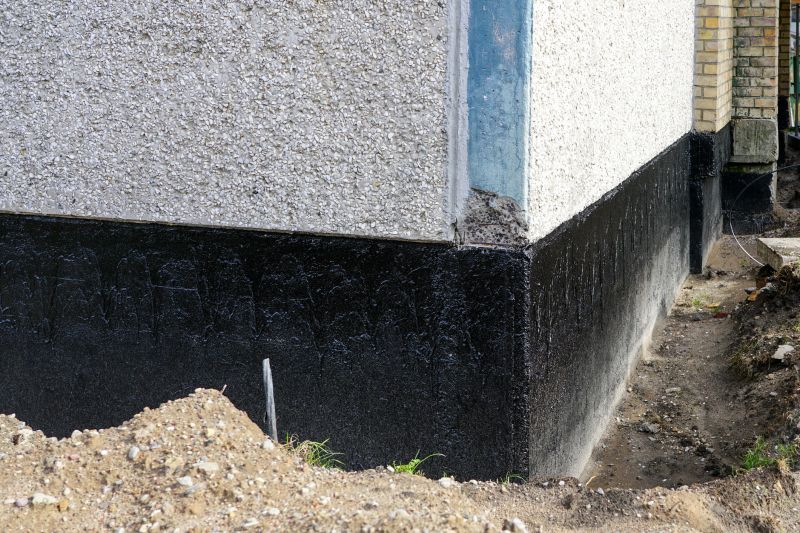
Popular materials for Waterproofings and why they hold up over time.
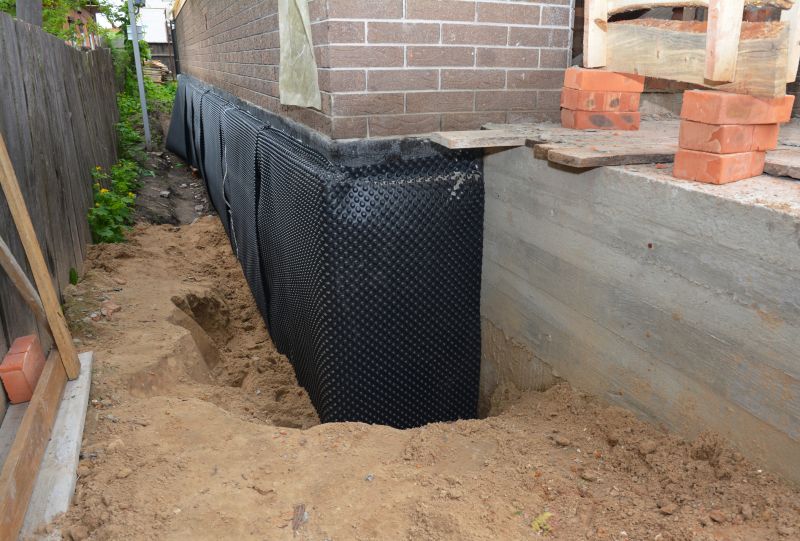
Simple add-ons that improve Waterproofings without blowing the budget.
| Season | Ideal Conditions |
|---|---|
| Spring | Moderate temperatures, increased moisture |
| Summer | Warm, dry weather, low humidity |
| Fall | Cooler temperatures, before freezing |
| Winter | Not recommended due to freezing temperatures |
Waterproofings are essential for protecting foundations, roofs, and other structural elements from water damage. They help prevent issues such as mold, rot, and structural weakening. Effective waterproofing can extend the lifespan of a building by creating a barrier against moisture intrusion.
Statistics indicate that proper waterproofing can reduce repair costs by up to 50 percent over the lifespan of a structure. It is a proactive measure that safeguards investments and maintains property value. The selection of appropriate waterproofing materials and timing is critical to ensure optimal performance and durability.
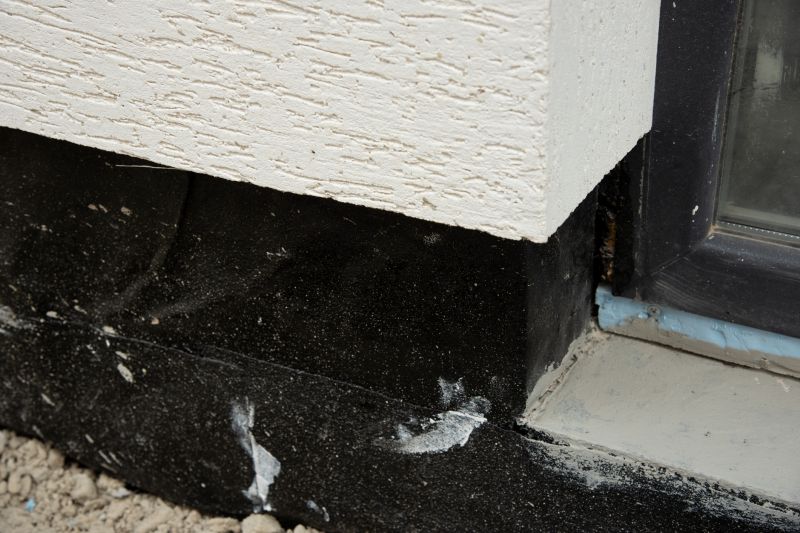
Ensures effective sealing of surfaces against water penetration.
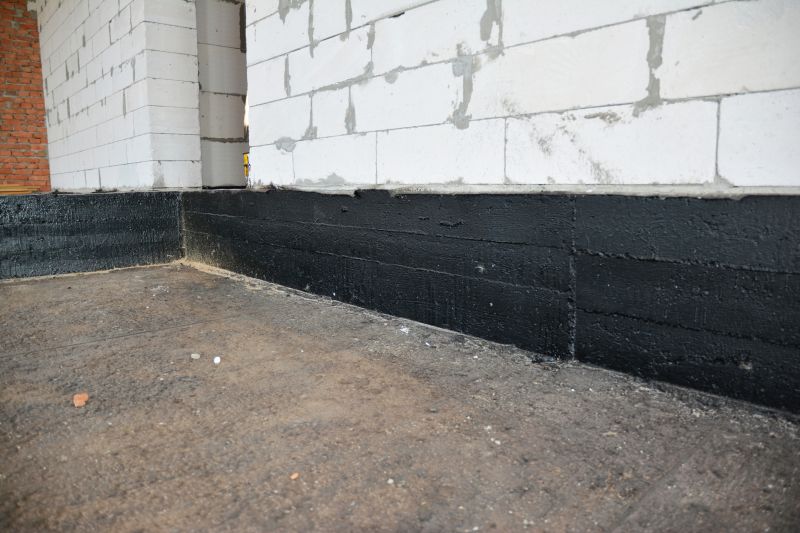
Protects against basement leaks and structural damage.
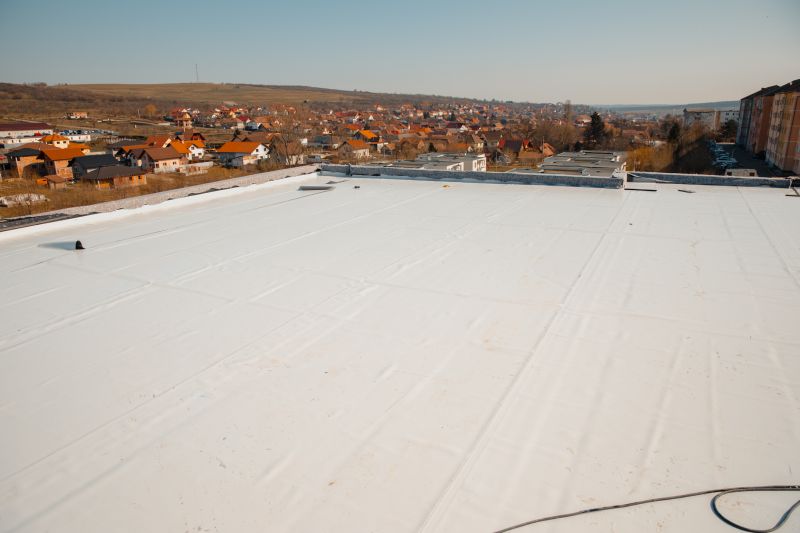
Prevents water ingress and extends roof life.
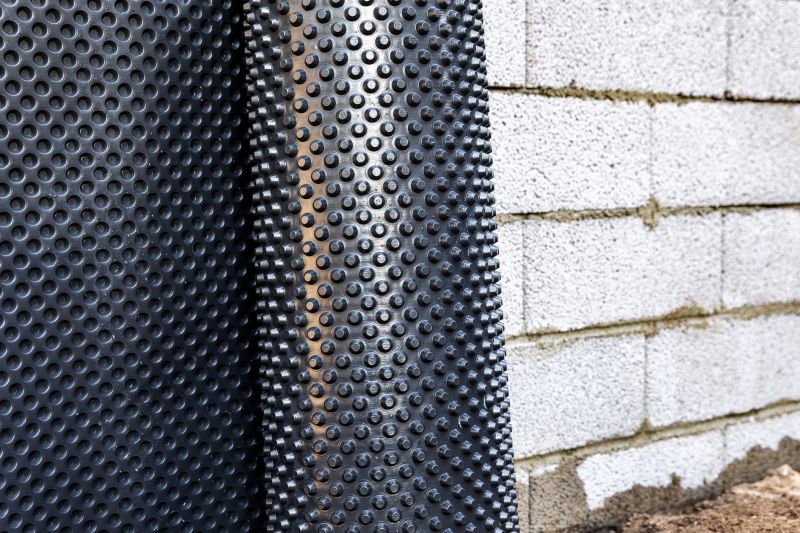
Prevents moisture buildup and potential flooding.
For those interested in waterproofing services, filling out the contact form provides an opportunity to discuss options and schedule inspections. Proper timing and application techniques are vital for ensuring long-term protection against water damage.

